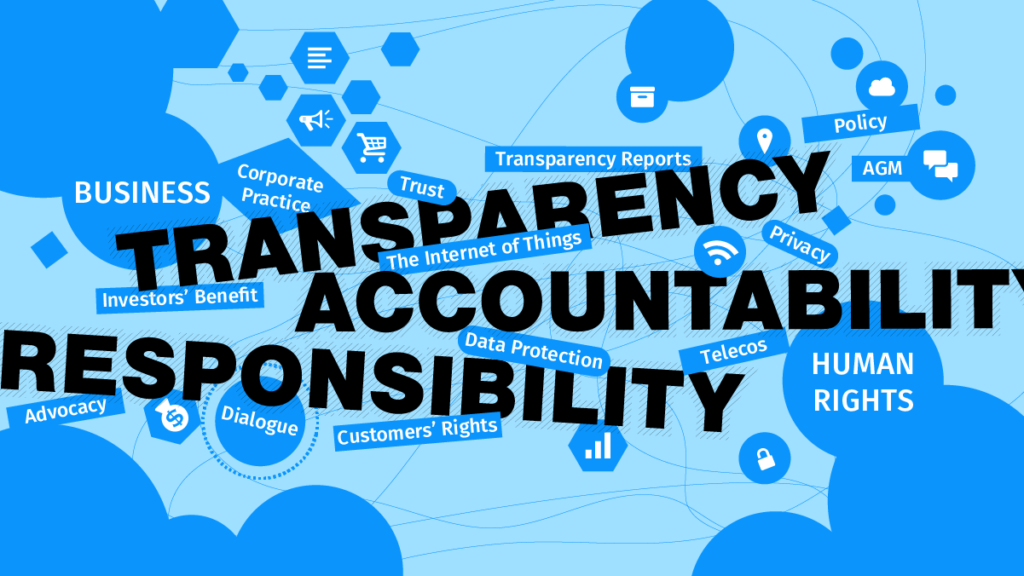Every day, we entrust more of our personal information to tech companies — whether it’s our internet service provider, mobile phone network, email client, social media platforms, or app maker. We depend on these companies for the services we need to work, learn, and play. And in turn, they carry an important responsibility to make sure their business practices respect our human rights.
A key part of that responsibility is transparency reporting. It is one of the strongest ways for technology companies to disclose threats to user privacy and free expression. Such reports educate the public about company policies and safeguards against government abuses, and contribute to an understanding of the scope and scale of online surveillance, network disruptions, content removal, and a host of other practices impacting our fundamental rights.
Stories like AT&T’s deep collaboration with U.S. intelligence agencies and Facebook’s opaque content moderation processes that have silenced human rights activists around the world make it clear that these companies’ policies have real impacts on people’s everyday lives.
Each year, our partners at Ranking Digital Rights release the Corporate Accountability Index, which evaluates 22 of the world’s most powerful internet, mobile, and telecommunications companies on their disclosed commitments and policies affecting freedom of expression and privacy. While some companies are doing better than others, it is clear that improvement is needed across the board:
- Privacy: Companies fail to disclose enough about what user information is collected and shared, with whom, and under what circumstances.
- Security: Companies provide insufficient evidence of measures to protect users’ information.
- Expression: Companies keep the public in the dark about how content and information flows are policed and shaped through their platforms and services.
- Governance: Too few companies make users’ expression and privacy rights a central priority for corporate oversight, governance, and risk assessment.
Access Now has delivered open letters to each of the companies in the index (available below), calling on them to respond to the findings, address key questions about their practices regarding privacy and free expression, and strengthen their commitment to protecting their customers’ human rights.
Each company has been given a deadline of September 26, 2018, to answer this call. Each response will be published with the Business and Human Rights Resource Centre (BHRRC), and we will be following up with analysis of the results and opportunities for further action.
